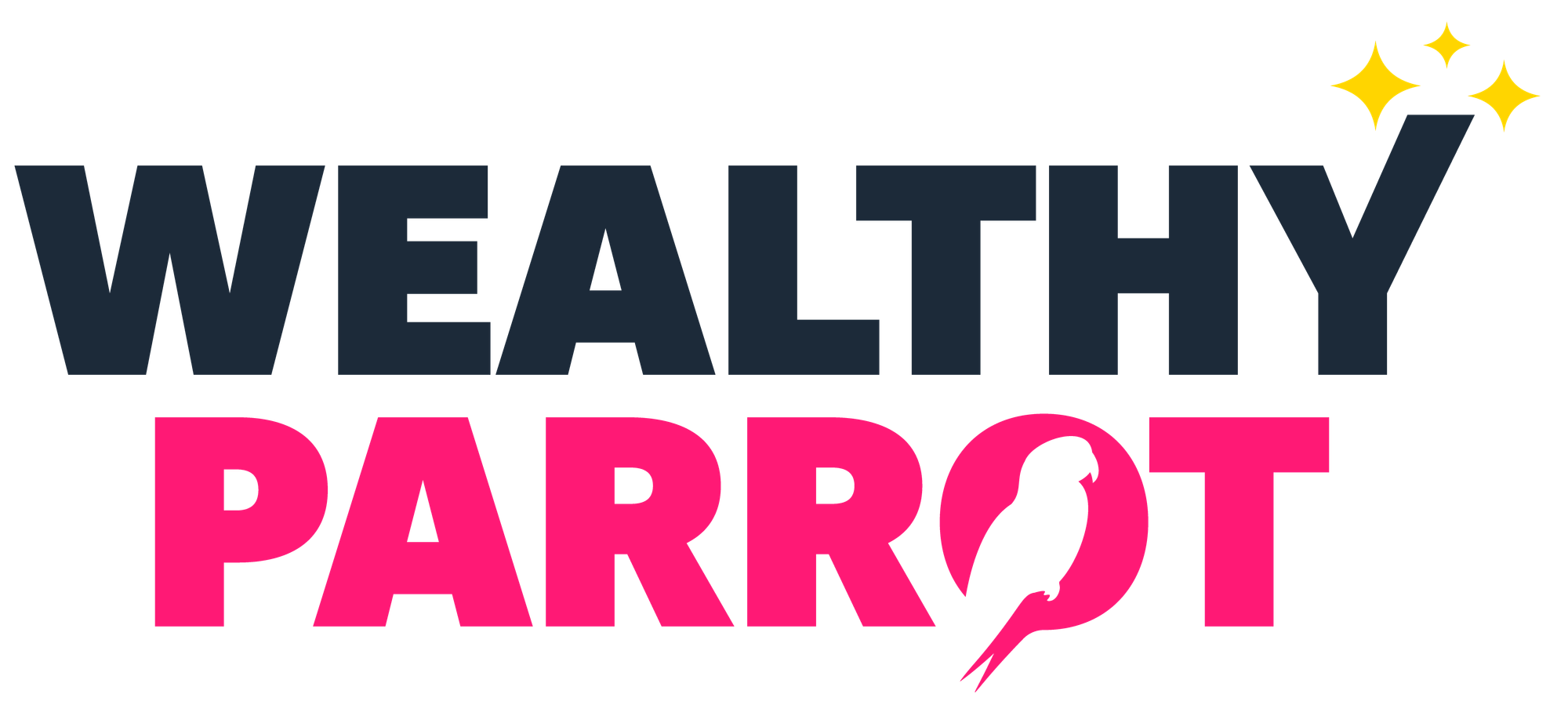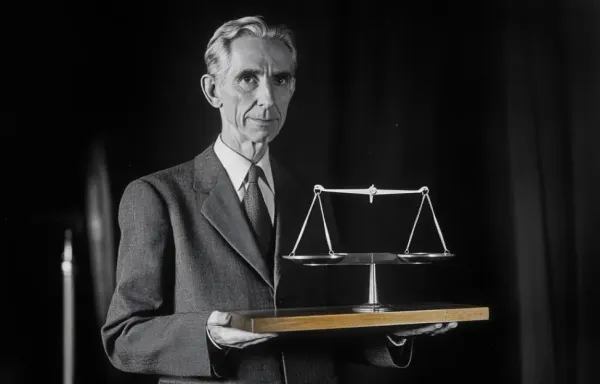Book review: rich dad, poor dad

For my first article of the book reviews section, I decided to pick one of the most famous and recommended book on personal finance: Rich dad, poor dad by Robert Kiyosaki. The book has been around for more than 20 years and after the success it had, it pushed Kiyosaki to create a plethora of books/games/you name it, that in my humble opinion, really feels like milking the cow a bit too much. Nonetheless, this book does provide some good tips, especially if you have never read anything on personal finance.
- Title: Rich Dad, poor dad: what the rich teach their kids about money that the poor and middle class do not!
- Author: Robert Kiyosaki
- Originally published: 1997
- Pages: 336
- Get it on Amazon *
This is an affiliate link and I wasn't paid to select the book. Your support helps keep Wealthy Parrot running at no extra cost to you. 🙌📚
The book in a nutshell
Kiyosaki tells of his time when he was a kid, and his journey through learning how to get rich. He mentions 2 dads (even in the book title), as he has his real dad (the poor one), and the rich one (the dad of his friend Mike). The latter is not really his dad, but he's the one that taught him all the financial knowledge, hence he considers him his rich dad. Getting advice from people with different, often opposite views gave Kiyosaki the chance to compare financial advice at all time, and seeing the results on his 2 dads.
My review
Overall the book is a light read as it's basically a biography, with focus on selected moments from Kiyosaki's life that are used to explain the key financial lessons he learnt from his dads.
The purpose of the book (as intended by Kiyosaki) was to "share insights into how increased financial intelligence can be used to solve many of life’s common problems". Although I do find it a bit too vague, the book does a good job in comparing two different financial approaches to a few common life situations and walking the reader in the effects of the "right" choices.
The examples and suggestions given, do not cover EVERY financial lesson (or concepts) that wealthy people teach to their kids, but again, it is a good book to sparkle some interest into financial education and smart (financial choices). A couple quotes I liked were:
- "Excellent grades don't imply good financial programming and mindset"
- "The poor and the middle class work for money. The rich have money work for them"
- "In life, it’s not how much money you make. It’s how much money you keep"
In order to effectively use the book no prior knowledge is required and pretty much everyone, even complete finance novices, will be able to understand the examples and concepts explained in the book. In fact, I did read this book first when I was still in high school and it definitely made me curious about investments and personal finance.
The key strength of the book is that it very easy to read as it's structured more as a story than a finance book. The book doesn't have an academic approach but more a "this is common sense" kind of style, hence (as a downside) don't expect to learn the difference between a stock and bond, or other technical aspects that are required to invest effectively. The book also uses examples from Kiyosaki's childhood, which might not be applicable to you due to a different context.
All in all, if you are a novice in investing, this could be your first book, that is, if you want to start with something that won't throw at you tons of concepts and might scare you off. If you already know at least the basics, this book will not add much and you might want to pick something more advanced.





